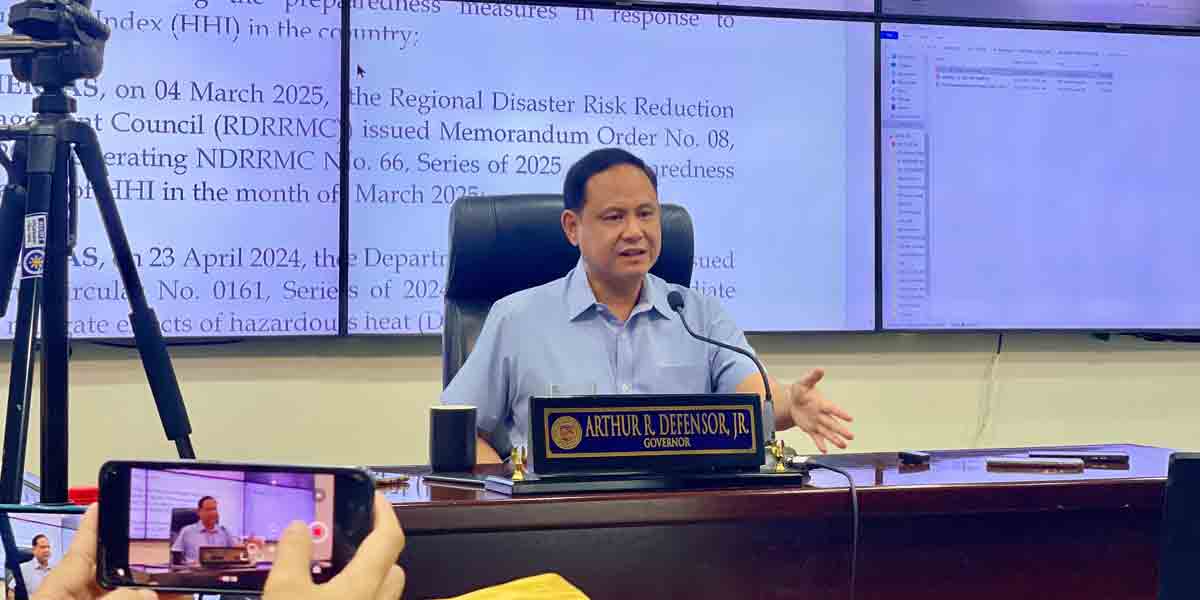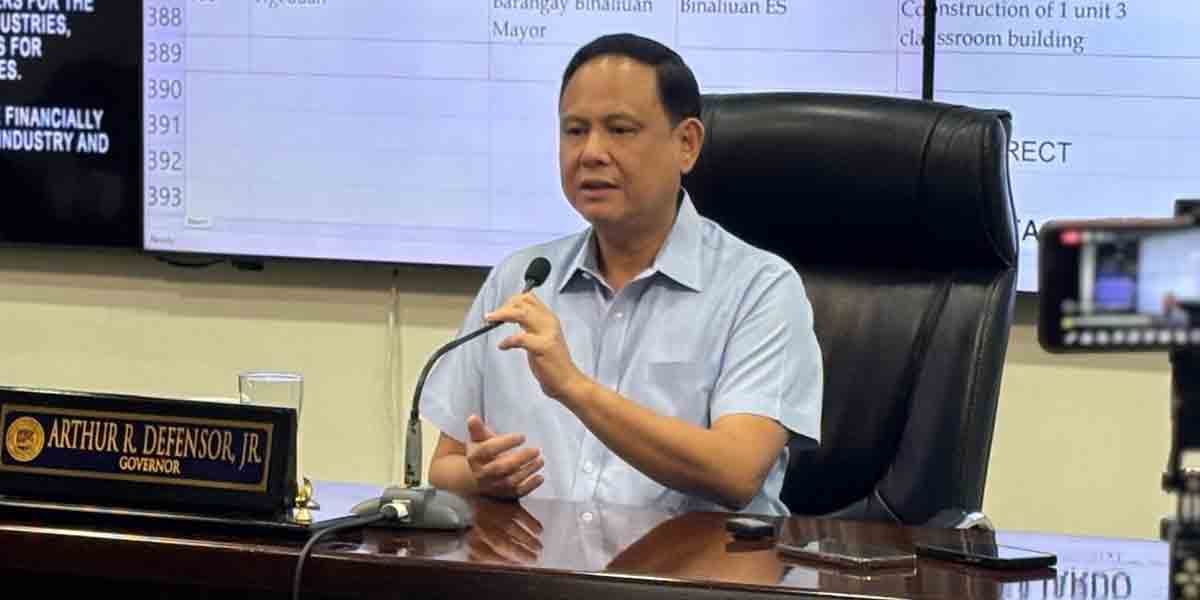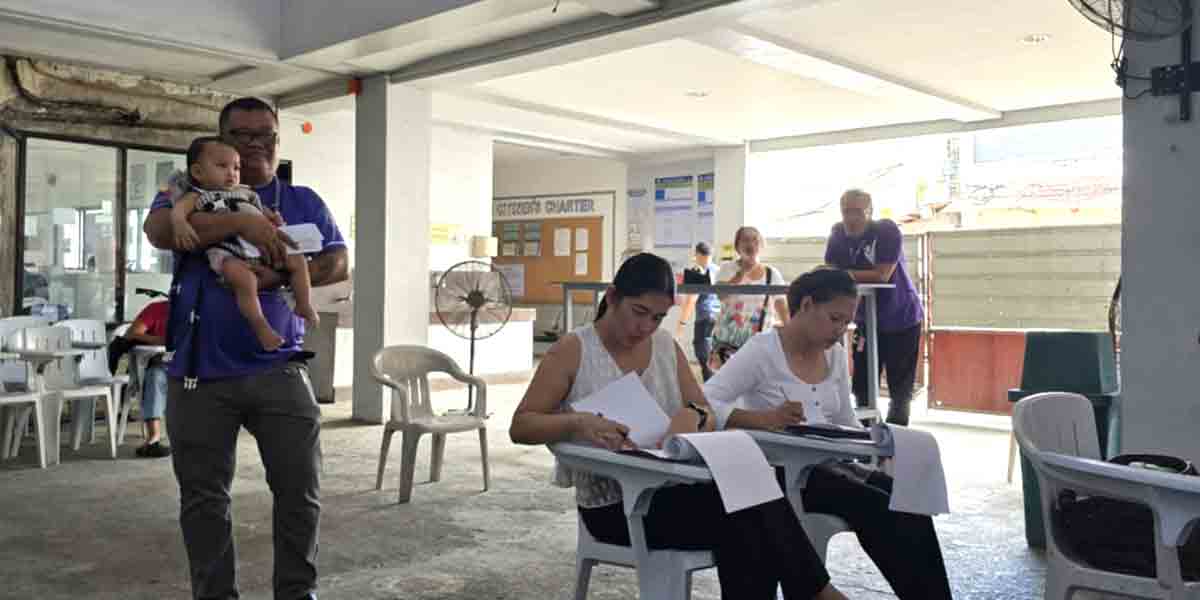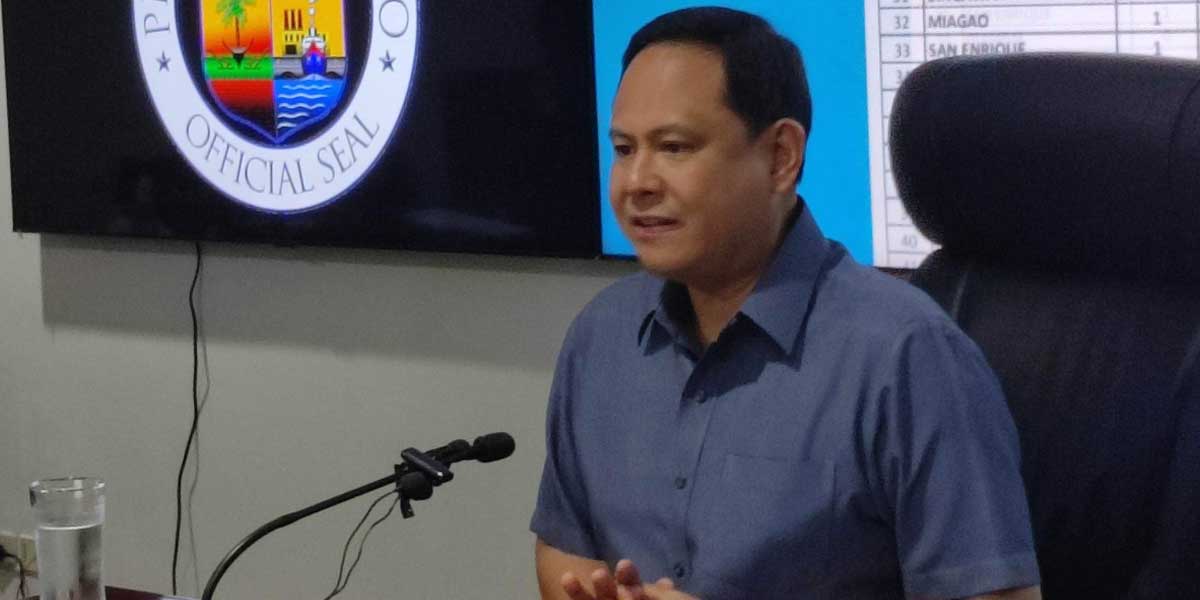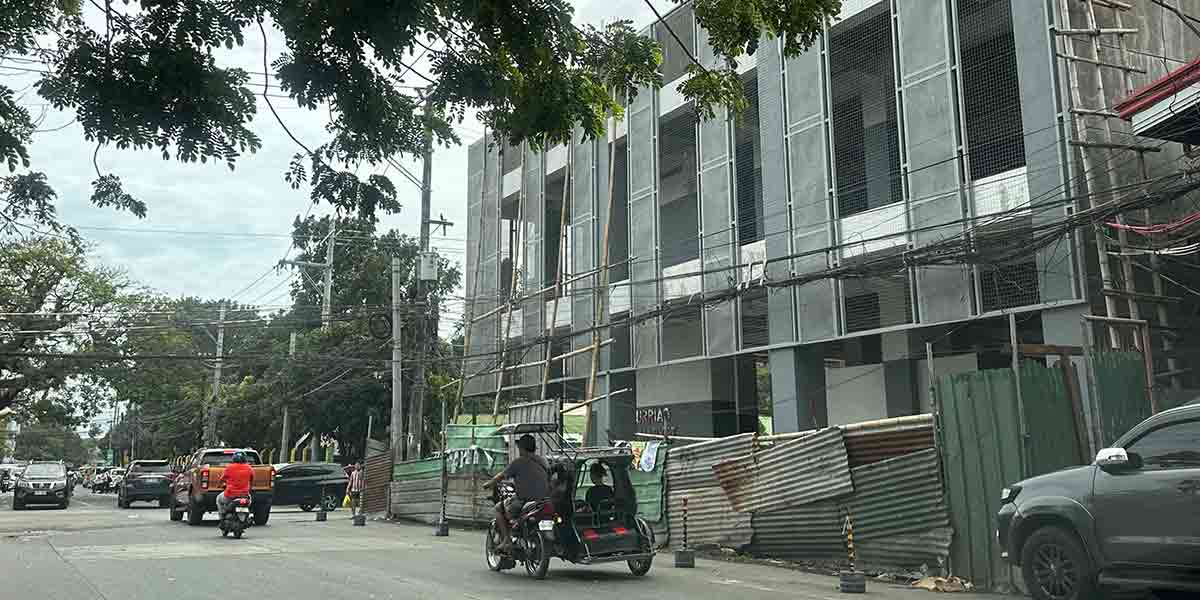By Herman M. Lagon
The sorry state of external assessments in basic education—like the National Achievement Test (NAT)—is a story that needs to be told. For years, we have relied on such exams to gauge the learning outcomes of millions of Filipino students. Yet, as journalist and education advocate Estanislao C. Albano Jr. eloquently argues in his extensive data-driven analysis, this reliance might have been misplaced. It is a sobering realization: if the system measuring learning is itself compromised, how can we trust the scores it produces?
Albano’s research reveals an inconvenient truth: the NAT scores from 2005 to 2015 were likely inflated by as much as 40%, painting a deceptively rosy picture of our educational system. When the test schedule changed in 2016, moving the Grade 6 NAT to after graduation and outside the influence of elementary schools, scores plummeted by nearly half. The dramatic drop aligns with rankings from international assessments like the Programme for International Student Assessment (PISA). This further validates the hypothesis that prior NAT scores were artificially inflated through widespread cheating.
This data has disastrous implications. For more than ten years, the public and policymakers were presented with data that indicated progress when, in fact, the opposite was true. Albano’s research highlights how this false sense of achievement obscured the pressing need for changes in curriculum development, instructional strategies, and resource distribution. Worse, it perpetuated complacency, delaying interventions that could have addressed the systemic rot in Philippine education much earlier.
What makes this issue particularly infuriating is the audacity of those involved in the manipulation. The deception was not a well-kept secret—it was an open one. Albano recounts speaking to retired educators who admitted that verifying the authenticity of NAT scores would have been straightforward, yet no action was taken. The reason? Inflated scores were seen as a “source of pride” for schools and divisions, an example of twisted structural incentives where institutional reputation trumped integrity.
This deceit extends beyond inflated numbers. Albano points to the Department of Education’s (DepEd) efforts to obscure the sharp decline in NAT scores post-2016 by offering implausible explanations. In one Senate hearing, a DepEd official attributed the drop to introducing 21st-century skills in the K-12 curriculum, conveniently ignoring that the first K-12 cohort was still years away from taking the exam. This level of gaslighting erodes trust not just in the DepEd but in public institutions as a whole, a betrayal that affects the very fabric of our society.
Imagine a high school student in Iloilo diligently preparing for the NAT, believing it to be a fair assessment of their capabilities. Imagine their teacher investing time and effort to ensure the class performs well. Imagine that students and teachers discover that the results are manipulated—crafted to serve bureaucratic interests rather than reflect genuine learning. The emotional and moral toll of such betrayal is immeasurable, undermining the very purpose of education as a tool for empowerment and social mobility.
Albano’s advocacy for an independent assessment body, similar to the one proposed by EDCOM II, is not just logical but imperative. External, non-partisan oversight could restore credibility to educational assessments, aligning them with international standards. Countries like Singapore and Finland have long embraced rigorous, independent testing mechanisms to great success. Their students excel in global rankings and demonstrate holistic skills that align with real-world demands. Isn’t it time we stopped cheating ourselves and our children out of similar opportunities?
Of course, creating an independent assessment body is easier said than done. It requires political will, financial investment, and public support. But if we truly believe in the transformative power of education, we must overcome these hurdles. As Albano aptly puts it, the current setup is “incestuous,” with DepEd assessing its own performance—a glaring conflict of interest. It is like unthinkingly letting students grade their own exams and expecting an honest result.
This battle is about the values we teach our children, not just the grades on a report card. Excellence, accountability, and honesty are not merely theoretical ideas; they are values that ought to permeate every facet of our educational system, including tests. Here, the notion of being “men and women for others” strikes a deep chord. We fail our students and the communities they will eventually serve if we do not maintain the integrity of education.
The journey to reforming external assessments will be long and arduous but worth undertaking. As Albano’s data shows, the current system does a disservice to everyone it is meant to help. We can establish a foundation of trust, openness, and genuine human excellence in education by resolving these systemic issues. It is a vision of a time when every Filipino can be proud of an educational system that genuinely delivers, where every teacher’s work is sincerely valued, and where every student’s potential is measured honestly.
***
Doc H fondly describes himself as a “student of and for life” who, like many others, aspires to a life-giving and why-driven world grounded in social justice and the pursuit of happiness. His views do not necessarily reflect those of the institutions he is employed or connected with.


